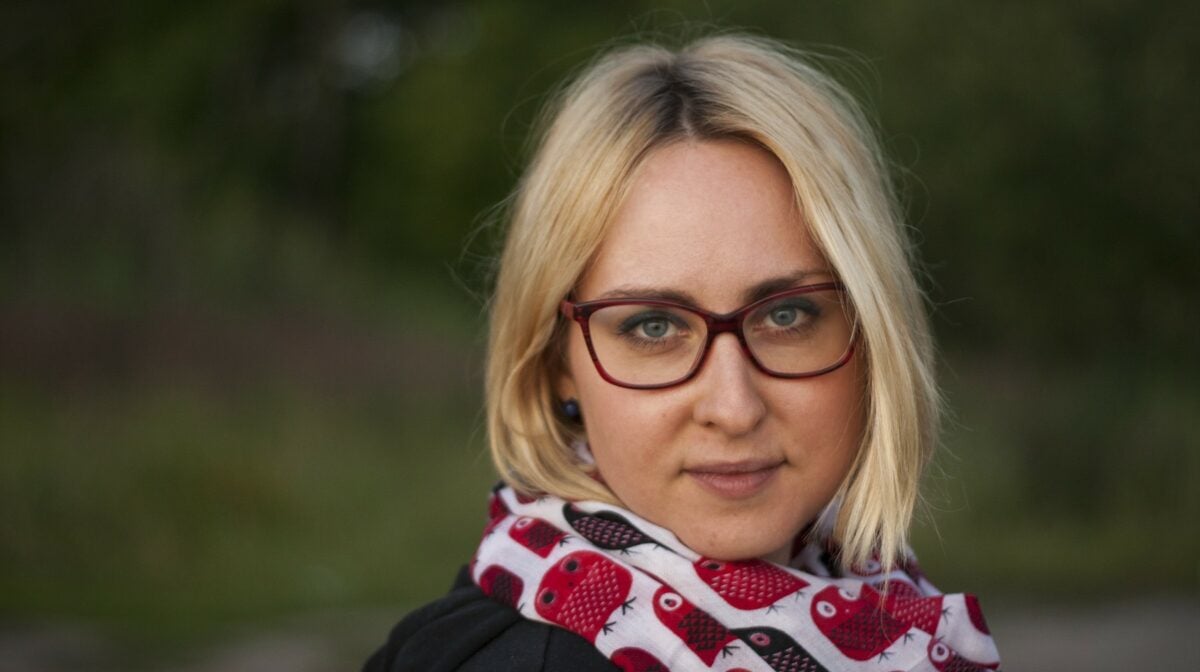When discussing public radio and television in Germany, it’s common to encounter the topic of the “Rundfunkgebühr,” or broadcasting fee. Many people who have never lived in Germany are often surprised to learn that this fee is charged even if you don’t own a radio or television. As a German, you’ll frequently be asked, “Is that really true?” The answer is yes, and to understand why, it’s important to explore the origins of public media in Germany.
History of public media in Germany
The roots of public broadcasting in Germany were grounded following World War II, when the Basic Law (Grundgesetz) for the Federal Republic of Germany was enacted, serving as the country’s constitution. This law laid the groundwork for a media system to ensure independent and objective reporting, free from the influence of commercial interests. Given Germany’s history under Hitler and his propaganda, establishing such a system represented a crucial step toward building a democratic society.
In 1950, ARD was founded as a joint organization of Germany’s regional public-service broadcasters. Later, in 1961, another public television broadcaster, ZDF (Zweites Deutsches Fernsehen, or “Second German Television”), was established. ARD is also known as “Das Erste,” which translates to “The First.”
The third major public broadcaster is Deutschlandradio, the largest national radio network in Germany. It was founded in 1994 due to the merger between West Berlin’s RIAS and East Berlin’s DS Kultur.
In addition to these three major broadcasters, Germany has several other public broadcasting services. Each region has its own local broadcasters (both TV and radio), and there are also several national TV channels, such as the Franco-German channel ARTE and KIKA, a TV channel for children.
About the audience
Many people in Germany still watch ZDF and ARD, not only on regular television but also through their online streams. Additionally, many listen to Deutschlandradio during their commutes, while cooking, or by tuning into podcasts on their way to work.
Recently, my doctor mentioned that he had heard one of my radio reports. I was quite surprised to learn this, but he explained that he always listens to the radio while driving to and from work and even while he is working. According to statistics from 2024, 2.4 million people aged 14 and older listen to Deutschlandradio’s programs on weekdays. In comparison, television channels like ZDF have an even larger viewership. Last year’s statistics indicate that ZDF, also known as “The Second German Television,” attracts around 64.87 million viewers (and streamers) per month, which accounts for 82% of the population aged three and older.
It’s important to note that people between 30 and 40 typically do not watch regular TV or listen to the radio. However, in Berlin, you can meet many expats who tune in to Deutschlandradio, which can be a helpful resource for learning the language.
Funding: How does the Public media survive?
ARD, ZDF, and Deutschlandradio’s budgets primarily come from the broadcasting fee, which, since a law enacted in 2013, every household must pay, regardless of whether they own or use a TV or radio.
In 2023, they received 9.02 billion euros from the broadcasting fee. For example, Deutschlandradio relies heavily on this funding, with 90% of its finances coming from it. This support allows them to operate without commercial advertisements and to provide an objective, informative, and diverse program. However, many people still voice their complaints about the broadcasting fee, leading to ongoing discussions about reforms for public media as a whole.
As a freelance journalist primarily working for public radio, I find this system important and effective. It supports our mission to report objectively and produce quality journalism. I also pay the broadcaster’s fee, which can be a financial strain at €18.36 per month. However, my salary is funded by this fee, meaning it comes directly from the audience. This creates a greater sense of responsibility towards our audience, which is a positive aspect of my work.
In recent years, we have witnessed the consequences of a lack of audience control and total state control over the media, as in Russia and other autocratic countries or dictatorships. The public broadcasting system in Germany, at least, strives to uphold freedom of speech and freedom of the press. Especially during these challenging times for democracy, this commitment is more important than ever.






